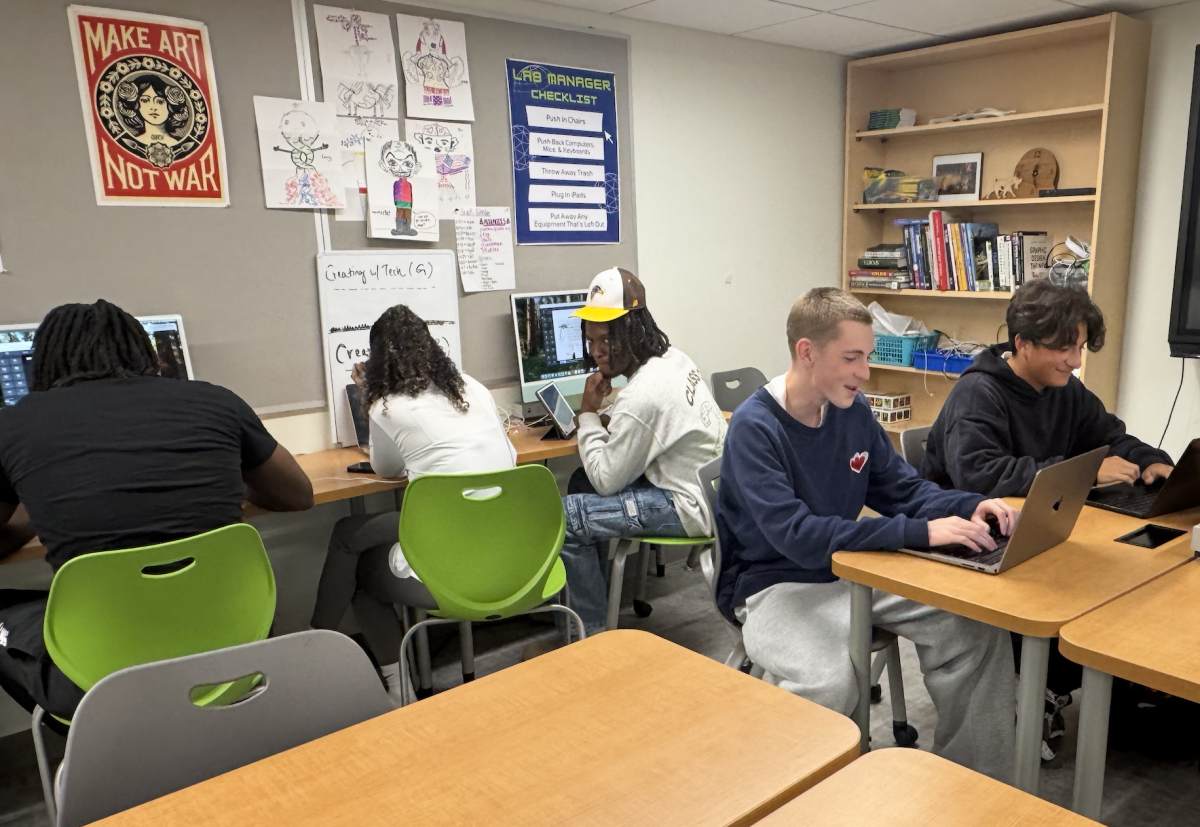YES by Elliot Forman
On October 2nd, 2018, Jamal Khashoggi was brutally murdered in the Saudi Arabian embassy in Istanbul, Turkey on orders from Saudi Crown Prince Mohammed bin Salman. Khashoggi was a journalist from The Washington Post who had criticized the Saudi government. Saudi Arabia faced no sanctions and no backlash besides that from the public in response to the murder of a member of the free press. Three years later, in 2021, Saudi Arabia began the process of “sportswashing” in order to use sporting events to cloak their awful record on human rights from the world and gain a positive image. Saudi Arabia has poured billions into the project, sparing no expense to attempt to be seen as a country that aligns with the United States and other Western countries.
The issue lies not in Saudi Arabia’s spending on players. Making a significant investment into sports is good, players deserve to be paid well because they work hard and make special moments for fans. The issue is that every time a kid from around the world turns on the TV to see Ronaldo or Neymar score, to see the beauty of the F1 track in Jeddah, they are trained to avoid the fact that the country kills people for being gay. They do not see the country that kills journalists for speaking out, the country that supports genocide in foreign countries, and not seeing and condemning that side sets an extremely dangerous precedent.
In March of 2022, Formula 1, the pinnacle of motorsports, arrived in Jeddah for the Saudi Arabian Grand Prix. As the weekend progressed, in the background of the televised footage, a massive fire could be seen. Drivers became very concerned as to whether the event should go on. Digging deeper into what was happening revealed that the fire was started when Houthi Rebels from Yemen fired missiles on a fuel depot close to the track. According to Genocide Watch, “Saudi Arabia’s military intervention in Yemen has created what the U.N. calls ‘the worst humanitarian crisis in the world.’” Saudi airstrikes in the war-torn country have often targeted civilian areas including hospitals and schools. The same government that is bringing globally broadcast sports to the country for a positive perception is also committing genocide and causing the mass starvation of children at the same time.
Saudi Involvement in sports ranges from soccer to racing to golf. Saudi Arabia tried to overwhelm professional golf players with incredible sums of money to poach them from the popular PGA Tour. The Saudi Government has unlimited wealth, making it impossible for the PGA to compete with their offers to players. Some initially said they would not join due to the human rights record of the Saudi government, but after seeing the money, changed their minds. The concern should be in how committed Saudi Arabia is to cleaning up their image, meanwhile, in the background, their government is committing atrocities and managing to get away with it.
In an interview on the Saudi Government, Phil Mickelson, a player from the PGA Tour who joined the Saudi Golf League said, “They’re scary motherf****** to get involved with.” The international community cannot forget that.
NO by Daniel Pessin
In the world of global sports, scrutinizing the participation of Saudi Arabia should be no different than scrutinizing that of other nations. After all, sports is a business, and separating it from political affairs is essential for a fair assessment.
People should question the appropriateness of evaluating nations based on their sports involvement. Sports, as a neutral zone, should not be a platform for moral judgments. Instead, diplomatic dialogue and engagement should be pursued to address concerns outside the sporting arena.
Much like any other enterprise, the industry follows the path of profitability. The staggering salaries, epitomized by Cristiano Ronaldo’s $200 million annual deal, highlight the business aspect of sports. In this context, it’s important to understand that sports-related decisions are often guided by financial reasons.
The trend of nations investing exorbitant amounts in sports is hardly new. England Soccer, a pioneer in this regard since the 1800s, has set the stage for global spending to import players from around the globe. In 1904, the first-ever 1,000 pound (worth over $150,000 today) transfer was made for Alf Common, an English striker. The 1,000 pound transfer of Common (who had already broken 3 transfer fee records before), enraged and shocked the football community, making press outlets throughout the country. Saudi Arabia’s recent expenditure of 1 billion dollars places its spending in second place to the English Premier League, and only a fraction of the global 7.5 billion dollars FIFA reported was spent on fees in 2019.
Saudi Crown Prince Mohammed bin Salman claims this foray into the sports industry is a strategy to utilize the nation’s oil wealth for the betterment of the country’s youth and working class. As stated, “The moves into sport are cast as part of efforts by Saudi Crown Prince Mohammed bin Salman to leverage the kingdom’s oil wealth to provide new jobs and opportunities for the country’s youth.” The sports Saudi Arabia has invested in such as golf, soccer, formula 1 racing, and other various combat sports have garnered thousands of tourists and created thousands of jobs for people in the country. One of the biggest boxing matches of the decade, Tyson Fury vs Francis Ngannou, was a spectacle that brought nearly 26,000 people to Saudi Arabia’s capital, Riyadh to watch the fight.
In the end, assessments of Saudi Arabia’s role in sports should be guided by an understanding of the inherent business nature of the industry. Separating these issues from the realm of sports allows for a more nuanced and critical analysis. Saudi Arabia’s pursuit of sports as an economic driver is not unique and should be approached with the same perspective applied to other nations.
The content in this article is representative of the opinions of the individual student journalist and does not represent the views of Friends Select School, The Falcon team, the administration, or faculty.































